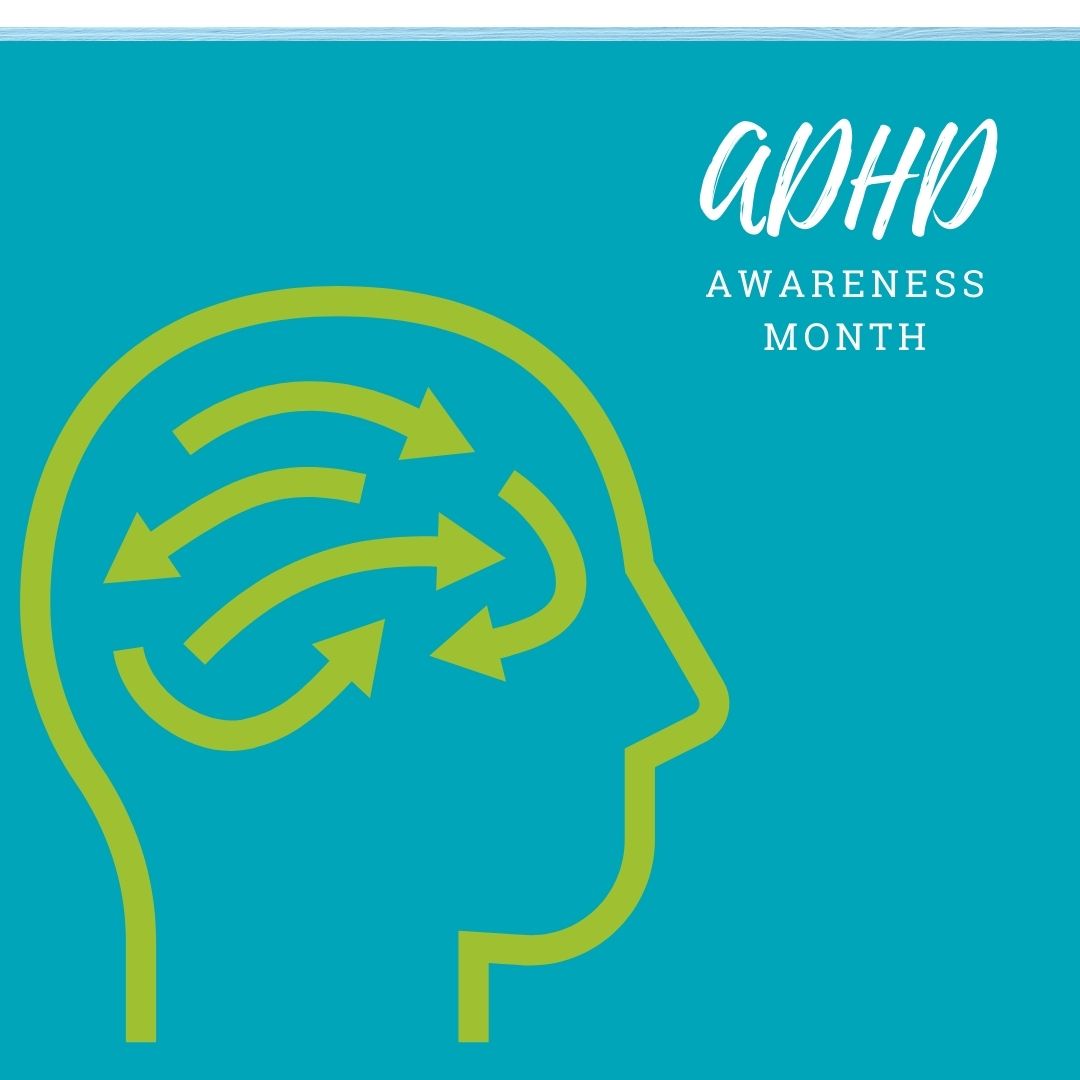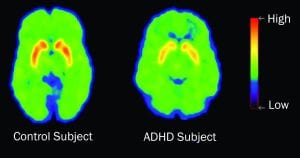
It’s ADHD Awareness Month: Common Questions, Reliable Answers
October is ADHD Awareness Month, and this year’s theme is “Common Questions, Reliable Answers.”
In this post, we’ll cover a common question and debunk the myths surrounding it: Is ADHD a real medical disorder?
“Is ADHD a Real Medical Disorder?”
Unfortunately, there is a myth perpetuating that ADHD isn’t real, but the truth is that ADHD is real — and it’s treatable. Let’s dive into this.
ADHD Is a Valid Diagnosis
ADHD is a neurobiological disorder that affects your ability to focus and control impulses. ADHD is not a lack of willpower to focus on the task at hand; instead, most experts believe the development of ADHD may be influenced by a person’s genes, the presence of toxins in his or her environment, brain injuries, and subtle nuances in the hardwiring of his or her brain.
Major medical, psychological, and education organizations recognize ADHD as a legitimate diagnosis. This includes:
- The National Institutes of Health
- The U.S. Department of Education
- The American Psychiatric Association
The American Psychiatric Association lists all of the medical disorders in the Diagnostic and Statistical Manual of Mental Disorders— the official book of mental health disorders used by both psychologists and psychiatrists. ADHD is included in this book.
Brain Scans Can Identify ADHD
Brains with ADHD show structural and chemical differences from non-ADHD brains.
According to a new study published in Radiology, a magnetic resonance imaging (MRI) of the brain can identify people with ADHD. The same study reveals that information from the MRIs can help to distinguish among the different types of ADHD.

PET scans also reveal another difference in the brain: decreased dopamine receptors in an ADHD brain.
[Image source]An ADHD Diagnosis Is Reliable
When it comes to mental health diagnoses, reliability shouldn’t be discounted. This is a psychological term that refers to the ability for two different mental health care providers to evaluate the same child (or adult) and independently come to the same diagnosis of ADHD.
What does this mean? It means that ADHD is a very reliable diagnosis.
Debunking Other ADHD Myths
This isn’t the only ADHD myth. In the spirit of answering common questions with reliable answers, feel free to browse through our ADHD myth series:
- ADHD Medication Myths and Facts
- ADHD Myth Series: Is It Okay to Stop Taking ADHD Medications on School Breaks?
- Myth: ADHD Only Affects Kids
What Can You Do to Support ADHD Awareness Month?
Whether you, a spouse, or your child have ADHD, there are many ways for you to learn more about ADHD during the month of October.
Here are just a few ideas:
- Learn more about ADHD — consider taking a free course!
- Learn about other ADHD myths (links listed above!)
- Read books on ADHD (there are several books in our shop)
If you or a child are demonstrating the signs of ADHD, what better time to get an assessment than ADHD Awareness Month!
You’re Not Alone on This Journey
At Next Step 4 ADHD, we offer complete support and comprehensive treatment for adults, teens, and children who struggle with ADHD. We strongly believe that simply medicating the problem doesn’t fully address the issue. There are skills you can learn and develop.
More importantly, our team of professionals offers an ongoing support system when you need it from coaching to therapy to online courses.
Dealing with ADHD on your own can be difficult, but with our innovative approach, you’re never alone. We are here to guide you with your next steps. If you’d like to learn more about us or set up a confidential discussion with one of our professionals, you can complete this form for a virtual appointment. Alternatively, call our Louisville, Kentucky office at (502) 907-5908.
Related Posts
10 Strategies to Strengthen Your Relationship with Your Child
Are you tired of nagging your child? Do and your child squabble over unwanted...
Quiz: Are You a Meal Prepper? Discover the ADHD Benefits
Meal prepping can be a game-changer, especially for those with ADHD. It's not...


